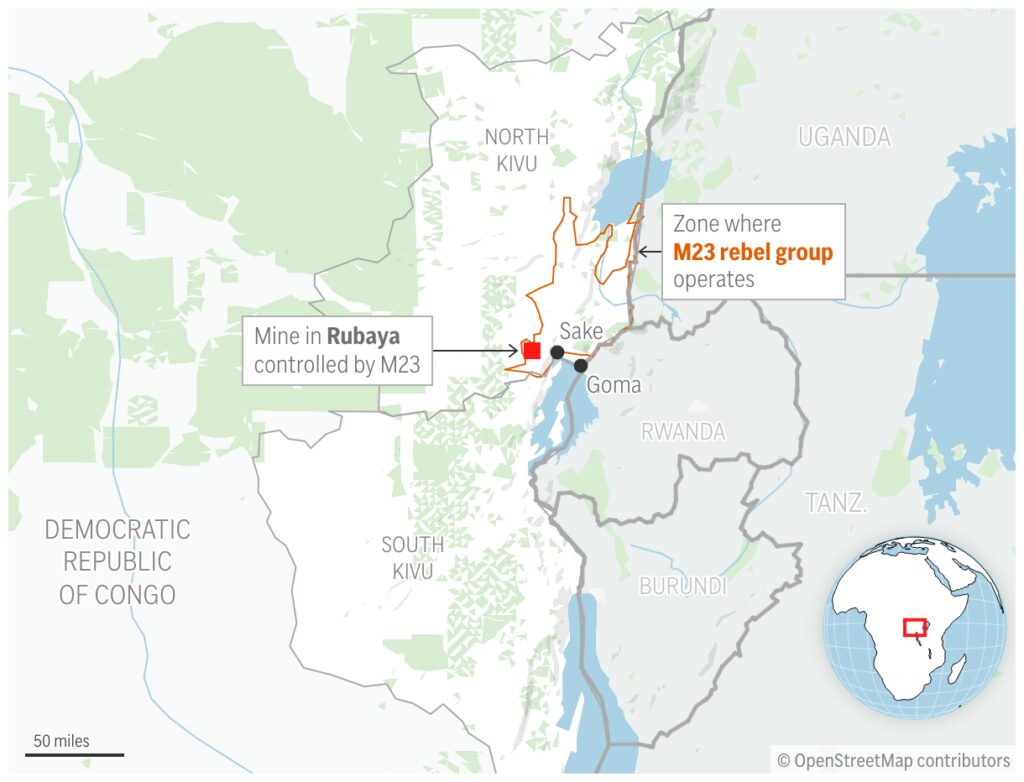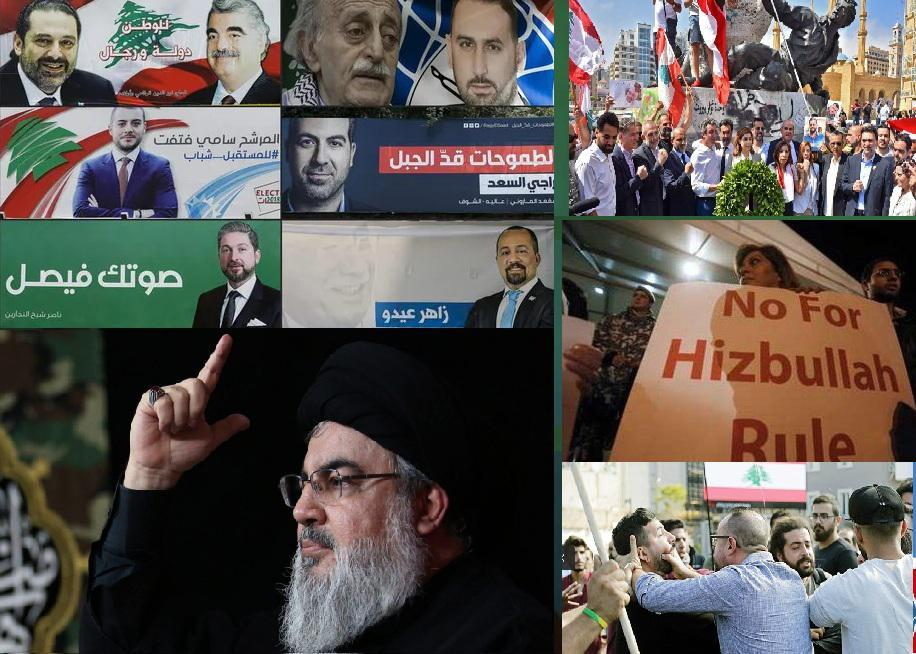IRAN’S CRIMINALS TATECRAFT – HOW TEHRAN WEAPONIZES ILLICIT MARKETS

Over the past decade, Iran’s regime has been involved in collaborations with criminal actors across the world, seeking to assassinate critics and adversaries, procure materials to advance its nuclear programme, circumvent international sanctions and money-laundering controls, and fund armed groups and terrorist organizations that have carried out horrific attacks.






